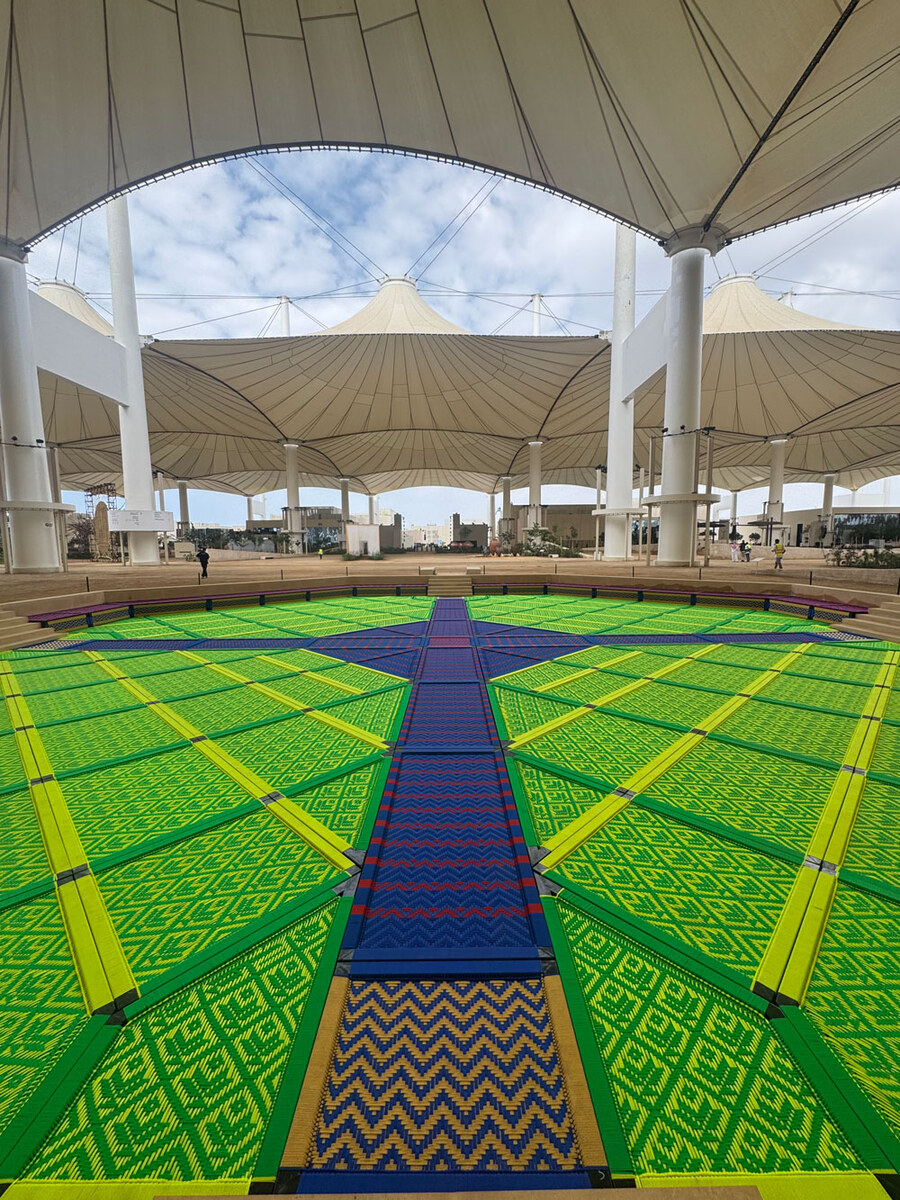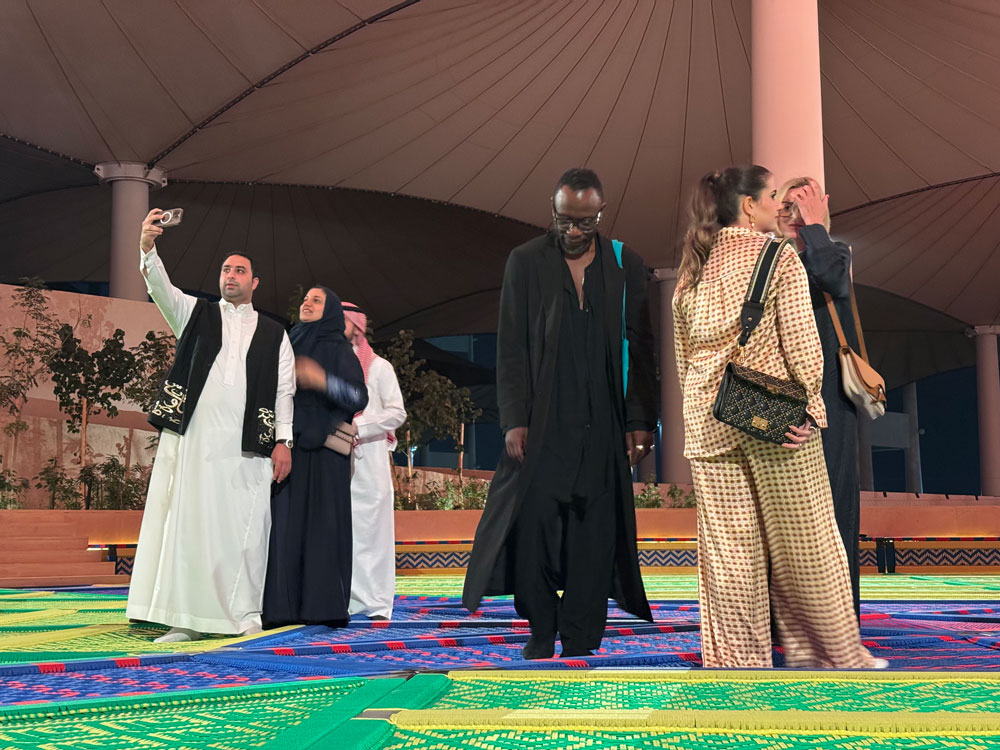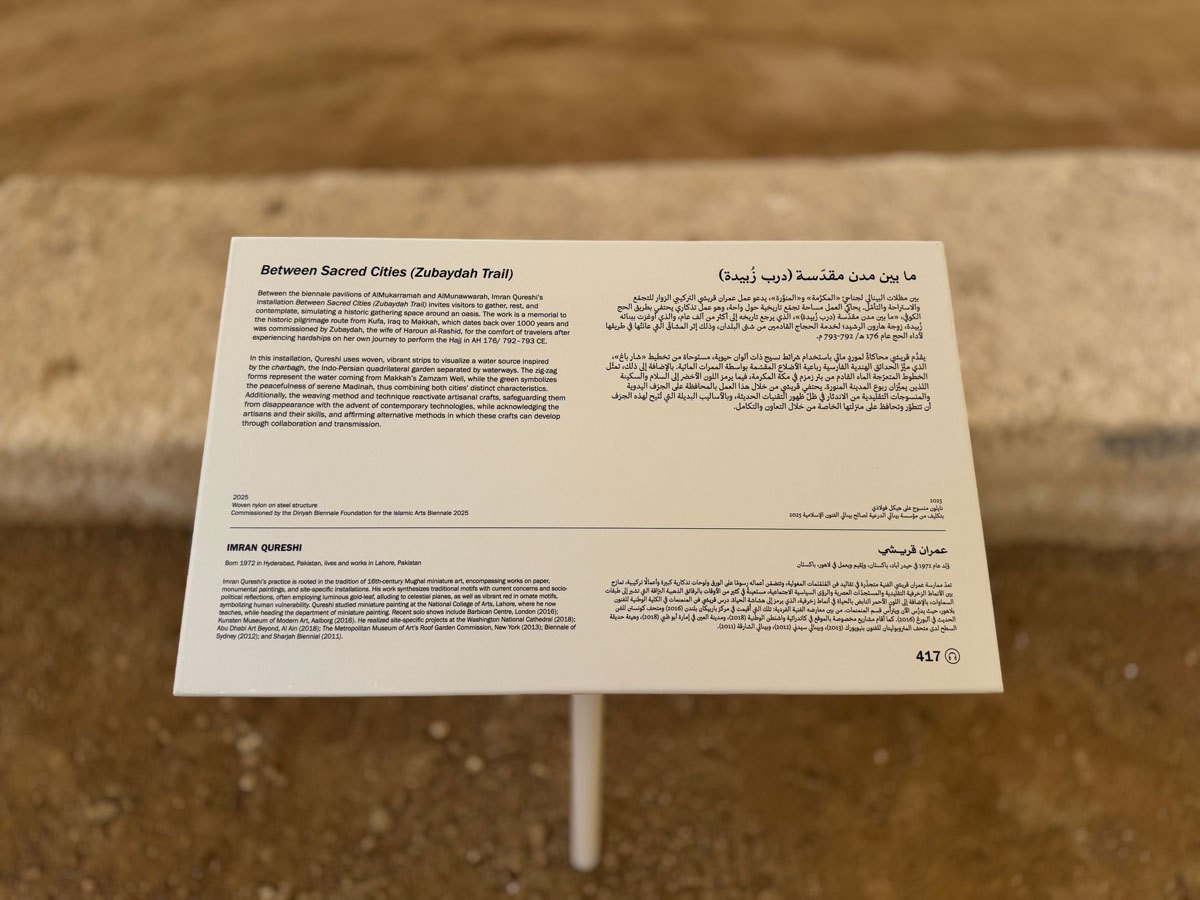EL GOUNA: Tunisian writer-director Mohamed Ben Attia made his mark with his first feature, “Hedi,” in which a young man challenged familial and societal norms by marrying the woman of his choice, a decision seen as a radical move in his conservative Islamic community.
Attia further explores the concepts of freedom and free will in his second film, “Dear Son,” which screened this week at the El Gouna Film Festival in Egypt, but this time the auteur moves into much darker territory, exploring the deadly ramifications that can reach far beyond the family unit.
Mohamed Dhrif, a largely unknown veteran television actor, enriches the film with a memorably controlled performance as a father, Riadh, whose world collapses when his 19-year-old son, Sami (Zakaria Ben Ayed), disappears without any warning. Given his less-than-warm relationship with his wife Nazli (Mouna Mejri), Riadh has instead focused on being a doting father to his son, obsessively worrying about the teenager’s frequent migraine attacks. With doctors unsure whether the headaches have a deeper psychological cause, and Sami stressed out about approaching academic exams, Riadh’s anxieties keep multiplying.
Attia makes a superbly subtle transition in his second film, from what was essentially a familial issue in “Hedi” to the broader, more frightening world of terrorism. Although the family unit, a very small one at that, in “Dear Son” appears to be solid, with loving parents who care more for their son, Attia hints at the influences outside the home that can have a far stronger grip on an impressionable teenager. This extremist plot is introduced later in the movie, though before this Attia offers broad hints of what is to come when he shows us a street demonstration that disturbs Sami.
But in the end, this is really the story of a father grappling with his own demons while on a journey to find his son.






















